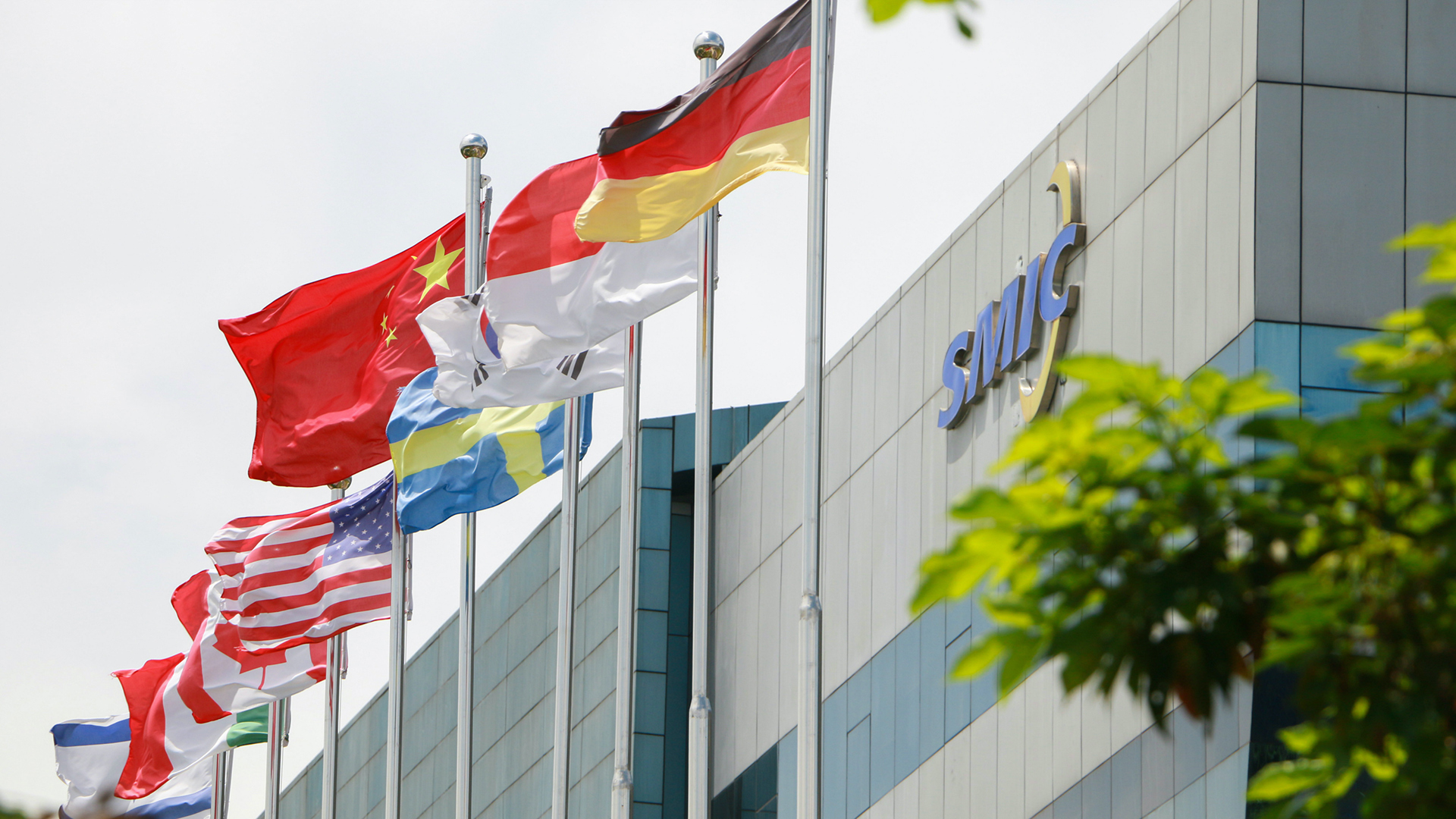Chinese chip giants say they don't care about U.S. tariffs — many don't sell to the U.S. anyway due to existing sanctions
They do not care.

Multiple publicly traded Chinese companies have notified their investors that the recently imposed tariffs from the trade war do not concern them, reports the South China Morning Post, largely because US sanctions have already prevented them from selling into the US.
China's high-tech industry has a number of world-class companies that develop products that are competitive far beyond Chinese borders. But given the sanctions imposed against these entities in recent years, it is hard to find products from Huawei, Loongson, or Longsys outside of China.
Cambricon Technologies (an AI processor developer), Loongson (CPU designer), Leaguer Microelectronics (an IoT IC designer), Longsys Electronics (a maker of storage systems), and Maxscend Microelectronics (an RF chip developer) all said that they were not going to be impacted by massive tariffs imposed by the U.S. government in their filings for investors, according to SCMP.
Based on the SCMP report, these companies will indeed not suffer from the punitive tariffs the U.S. has imposed on products from China:
- Cambricon stated that revenue from overseas markets contributed less than 1% of its total income in both 2023 and 2024. The company had already been impacted by its 2022 placement on the U.S. Entity List. The new trade measures would not significantly affect its business.
- Huawei apparently did not make any noticeable announcements, though its business in China, Russia, and Iran will clearly not be hurt by the U.S. government's sanctions.
- Loongson Technology reportedly said that the new import duties have had no negative impact on its operations.
- Leaguer Microelectronics disclosed that its products are made in China and bought in China. This internal sourcing shields it from external disruptions.
- Longsys Electronics, a major supplier of storage solutions, reportedly said that its Brazilian subsidiary plays a key role in buffering the effects of ongoing trade disputes. As it sources 3D NAND memory from all major vendors, it can probably supply to customers in the U.S.
- Maxscend Microelectronics noted that its RF chips are focused on domestic supply, so the U.S. market and tariffs are not an issue.
Hardware makers from China ship tons of hardware, including domestically developed chips and domestically developed systems on those chips. That industry has been aimed mostly internally so far though, so no financial impact on the aforementioned companies at this point. However, what about indirect impacts? That remains to be seen.
Get Tom's Hardware's best news and in-depth reviews, straight to your inbox.

Anton Shilov is a contributing writer at Tom’s Hardware. Over the past couple of decades, he has covered everything from CPUs and GPUs to supercomputers and from modern process technologies and latest fab tools to high-tech industry trends.
-
alrighty_then This makes sense. I expect little demand for Chinese brands outside of China. It's more about all the products they manufacture for non-Chinese well-known brands that are suspect to tariffs. And America seems to be aware of tactics to sell to a 3rd party country to then sell to the US to try to circumvent the tariffs. Therefore it seems likely that China won't have an easy path to continue doing this - unless they change course and strike a deal that's more favorable for the USA as everyone else is being motivated to do.Reply -
passivecool wallmart and co. can now downsize store size by 75%. They will save so much money!Reply
And it is good for the environment if we just keep using the same hardware until the US fabs are up in 2037. -
waltc3 Good news...;) The Trump administration has exempted all computer chips, computers, and associated electronics from tariffs.Reply
Thought you guys would like to know if you haven't already seen it. -
George³ Reply
I don't think that modern hardware will survive so many years. If was something on 32 or 28, or 22 nm from before 13-15 years, and SLC or MLC SSDs...passivecool said:wallmart and co. can now downsize store size by 75%. They will save so much money!
And it is good for the environment if we just keep using the same hardware until the US fabs are up in 2037.